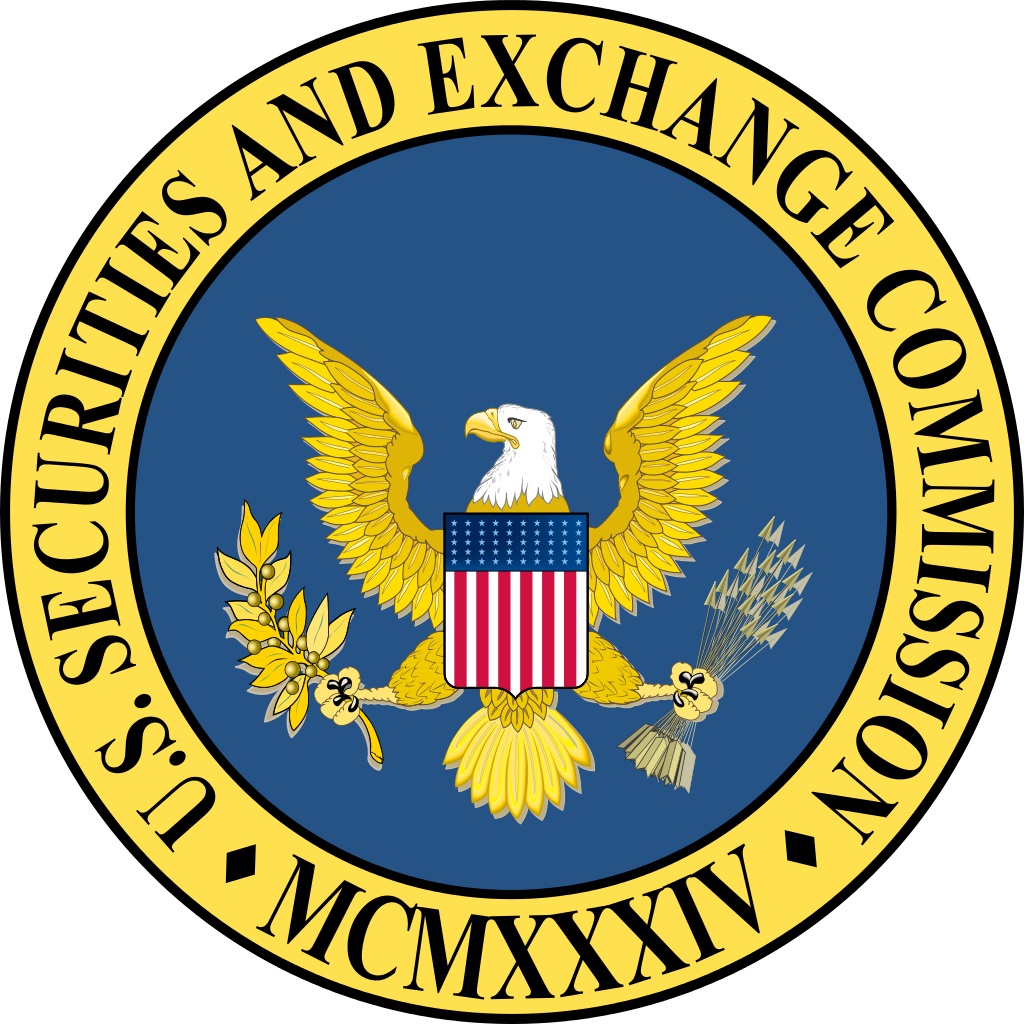

The U.S. Securities and Exchange Commission (SEC) recently announced fraud charges and asset freezes obtained in a case filed against a New Jersey-based fund manager, as well as two firms he controls that marketed shares in promising pre-IPO tech companies in the Bay Area. The SEC alleges that $5.7 million was stolen from investors and millions more were diverted to other improper and undisclosed uses.
Specifically, the SEC alleged that John Bivona used money raised through Saddle River Advisors and SRA Management Associates to pay off earlier investors, prop up other funds and pay family-related expenses. Other allegations are that he secretly steered the lion’s share of misappropriated funds to his nephew Frank Mazzola, who was barred from the securities industry in a prior SEC enforcement action. Mazzola is charged along with Bivona in federal district court in California.
The SEC obtained a court order to freeze the assets of Frank Mazzola and his wife, a relief defendant, and ordered the appointment of an independent monitor over Saddle River Advisors, SRA Management, the SRA Funds and other affiliated entities.
This order also prevents Bivona, Saddle River Advisors and SRA Management from violating the antifraud provisions of the federal securities laws and raising money from investors.
Jina L. Choi, the director of the SEC’s San Francisco Regional Office, commented:
We allege that Bivona preyed on investors seeking to invest in popular pre-IPO technology companies and hid the scheme by avoiding outside reviews of the funds and depriving investors of financial statements despite promises to do so.
According to the SEC’s report:
- Bivona raised more than $53 million from investors, and the money he was siphoning away for undisclosed uses left his firms continuously short of the cash needed to buy the shares promised to investors.
- Bivona kept the scheme going by indiscriminately transferring money among more than a dozen bank accounts associated with an array of different entities.
- Bivona used investor money to pay Mazzola’s credit card bills, income taxes, a car loan, attorney fees, and the mortgage on a Jersey Shore vacation home.
- Investors were told they would receive financial statements for the funds on an annual basis. But no financial statements were ever prepared.
- Bivona and Mazzola failed to register the offering with the SEC and thereby violated the bad actor rules of the federal securities laws, which prohibit companies from relying on registration exemptions under Rule 506 of Regulation D if a promoter or investment manager like Mazzola has a disqualifying event like his fraud-based injunction.
Sponsored: Want to Retire Early? Here’s a Great First Step
Want retirement to come a few years earlier than you’d planned? Or are you ready to retire now, but want an extra set of eyes on your finances?
Now you can speak with up to 3 financial experts in your area for FREE. By simply clicking here you can begin to match with financial professionals who can help you build your plan to retire early. And the best part? The first conversation with them is free.
Click here to match with up to 3 financial pros who would be excited to help you make financial decisions.
Thank you for reading! Have some feedback for us?
Contact the 24/7 Wall St. editorial team.



